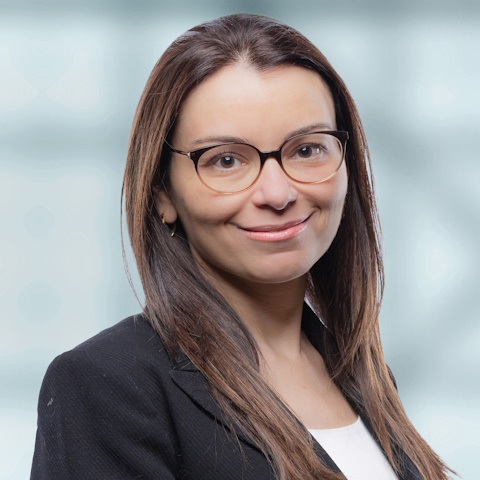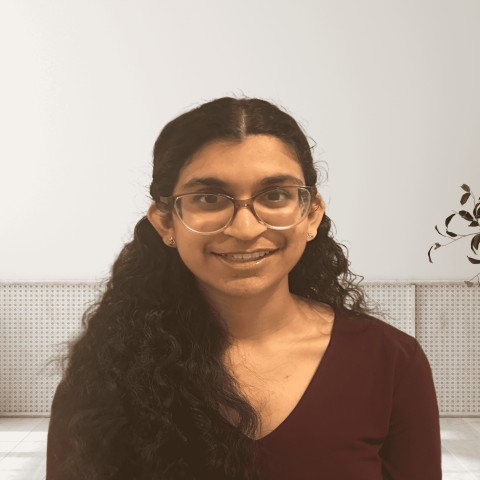Cardiopulmonary Team
Our Focus
The cardiopulmonary team brings together KITE/UHN Scientists, affiliates, post-doctoral researchers, trainees, people with lived experience and caregivers to collaborate on innovative, patient centred research that spans all aspects of cardiopulmonary and vascular health. Our mission is to understand, and determine interventions that optimize, cardiorespiratory fitness and other brain and metabolic related health outcomes through testing innovative strategies, leveraging technology when appropriate, to improve the physical and psychosocial health of people with chronic disease, locally to globally. We provide exceptional mentorship and training opportunities to inspire excellence in the current and future generations of leaders in cardiopulmonary and vascular research.Our Goals
To remain a national and global leader in research innovation in chronic disease recovery, supporting rapid translation of knowledge and implementation of novel sustainable interventions into clinical programming that are accessible, effective and feasible.Ongoing Studies
- Promoting cardiac rehabilitation quality in low-resource settings
- The investigation of autonomic and vascular function in Type 2 Diabetes after completion of cardiac rehabilitation
- Leading the way in creating knowledge and developing novel interventions to prevent cognitive decline
- Developing a multi-sensor wearable device to help people with cardiovascular disease navigate exercise safely in extreme temperatures
- Developing and implementing evidence-based patient education in CR in diverse global settings, with a particular emphasis on underserved populations
- Co-design of an AI-guided avatar for virtual cardiac rehabilitation
- Exploring methods to improve participation of women in clinical trials to help enhance cardiovascular recovery
- Examining Sex Differences in Access to Exercise Programming Following Stroke
- Increasing participation in cardiorespiratory exercise during stroke rehabilitation
- Behaviour change interventions to facilitate participation in physical activity post-stroke
- Sex differences in access to and completion of cardiac rehabilitation following a cardiac event or procedure
- Development and validation of a knowledge questionnaire for postpartum women at high risk for future cardiovascular disease
- The safety and efficacy of prehabilitation in older, frail adults undergoing cardiac procedures
Past Events
February 29, 2024 - Research Team Retreat
...





















